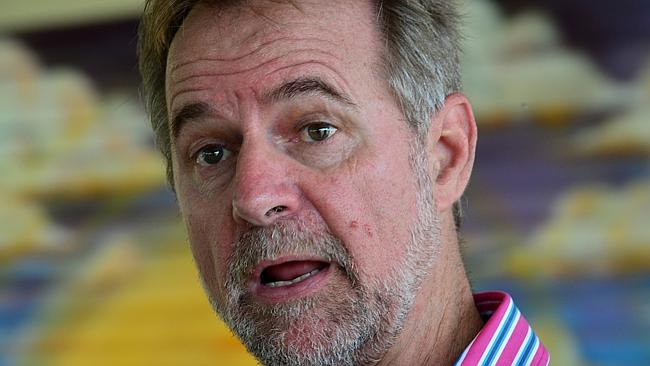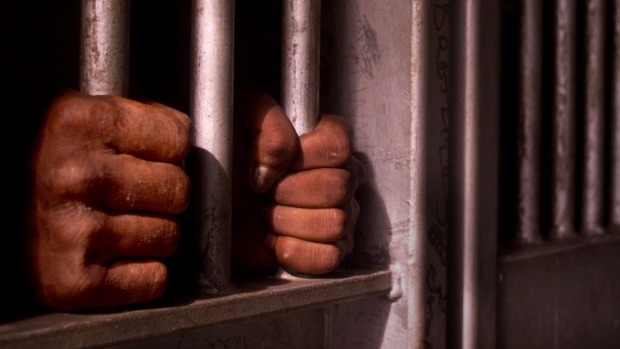Scullion announces work-for-rations scam

Seven years ago the Feds kicked thousands of Territorians out of paid CDEP positions, and on to quarantined welfare.
Today they've conceded their subsequent remote jobs program is failing, and they've announced a series of changes designed to reverse what they blame as “sit-down money” culture.
About 60 per cent of remote jobseekers had left the program for 'passive' quarantined welfare, Indigenous Affairs Minister Nigel Scullion said. Senator Scullion announced a rebranding of the Remote Jobs and Communities Program (RJCP) at a conference in Darwin on Wednesday.
Instead of acknowledging the foolishness of destroying thousands of jobs in order to enforce the severe intervention measures, and recognising government's failure to develop adequate alternative employment opportunities, they're blaming Territorians for their own policy failures.
“Everyone accepts there were some perverse outcomes that were never anticipated and not accepted (under RJCP), so this is a readjustment of those policies and programs,” Scullion said.
See how easy it is to be a failure in Indigenous Affairs? Everyone expects bad outcomes, and when they become undeniable you just blame it on the Indigenous victims of your bad policies.
Under the new model, a “no work no pay” system will be instituted, and participants will answer to their service providers rather than to Centrelink.




